detail profile boris plotnikov
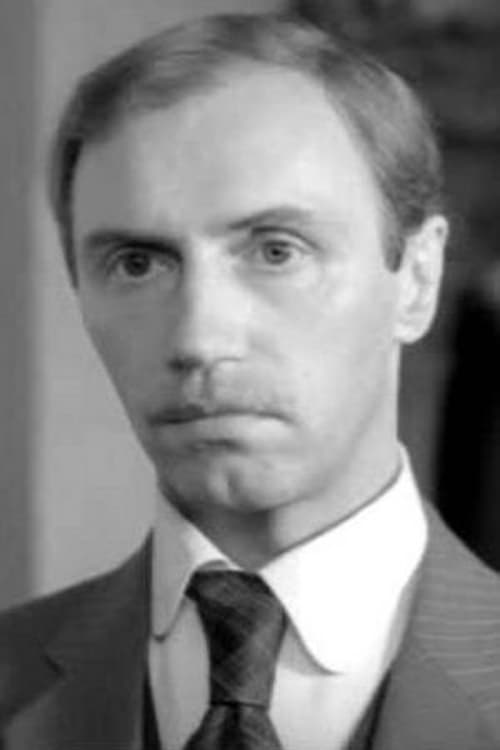
Boris Plotnikov
Boris Plotnikov
atau dikenal sebagai
Riwayat Hidup
From Wikipedia, the free encyclopedia.
Boris Grigoryevich Plotnikov (b.
April 2, 1949, Nevyansk, Sverdlovsk province, Soviet Union (now Russia)) was a Russian film actor.
His film debut was as Sotnikov in The Ascent, the acclaimed final film of Russian director Larisa Shepitko.
Description above from the Wikipedia article Boris Plotnikov, licensed under CC-BY-SA, full list of contributors on Wikipedia.
Info Pribadi
Peran Yang Di Mainkan Boris Plotnikov
 The movie has reveal the last...
The movie has reveal the last...Pushkin: The Last Duel 2006
The movie has reveal the last days of the famous and popular Russian poet - Alexander Pushkin. After the poet faced scandalous rumors that his wife Natalya Pushkina had embarked a love affair, Pushkin then challenged her brother in law to a duel!
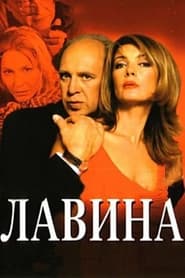
Avalanche 2001
"Лавина" - рассказ о человеке у которого есть всё, о чём он всегда мечтал: талант, слава, семья. Но есть и скука, которая съедает его. Ему больше нечего желать - всё достигнуто. Наверное, его жизнь продолжалась бы в том же духе, если бы он не встретил молодую и красивую женщину. И он понимает, что единственное чего у него не было - любви. Все самые сильные чувства он отдавал музыке. Только её он любил. А что касается людей... Им он позволял любить себя. Ведь только он - солнце, все остальные - лишь планеты. И вот он узнаёт, что такое настоящая страсть, страсть, которая испепеляет его изнутри, сметает на своём пути всё, как лавина. Ради этой страсти он откажется от всего: от денег, семьи, славы. Но будет ли счастлив?
 In 1953 the year Stalin died many...
In 1953 the year Stalin died many...The Cold Summer of 1953 1988
In 1953, the year Stalin died, many prisoners (some political, but mostly common criminals) were released from the Soviet Gulags. This is the story of a remote settlement which was under attack by a bunch of these recently-released blood-thirsty thugs in the summer of 1953, and the townspeople, along with a two political prisoners, who try to stop them.
 Heart of a Dog is a...
Heart of a Dog is a...Heart of a Dog 1988
"Heart of a Dog" is a Soviet film adaptation of Mikhail Bulgakov’s iconic novella. Set in 1920s Moscow, it tells the satirical and darkly humorous story of a stray dog named Sharik, who is transformed into a human by Professor Preobrazhensky through a daring medical experiment. The resulting man, Poligraf Poligrafovich Sharikov, embodies the social and ideological tensions of early Soviet society. With its sharp critique of class struggle, human nature, and the perils of radical change, the film is celebrated for its faithful adaptation, brilliant performances, and rich allegorical depth.
 The story concerns the events in...
The story concerns the events in...First Encounter - Last Encounter 1987
The story concerns the events in Saint Petersburg on the eve of the First World War. Private detective Petya Chukhontsev, a law student who has not completed his studies, investigates the case of the murdered inventor Kuklin. He was murdered exactly as he predicted during a New Year's visit to Chukhontsev. While investigating the Kuklin case, Petya soon realizes that the central figure in this case is the German Scholz, the owner, who cheaply buys up the inventions of Russian craftsmen and hands them over to the spy Siegfried Gay, an advisor to the German embassy. . However, Petya will soon understand that it is better to mind his own business...
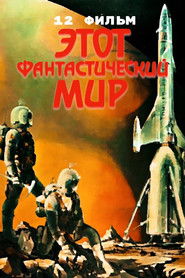 Based on science fiction stories about...
Based on science fiction stories about...This Fantastic World 12 1987
Based on science fiction stories about the relationship between man and robot: A. Belyaev’s “Open Sesame” about how a robot servant robbed two old men; A. Azimova's "Liar" about a robot who can read minds and turns out to be the most humane among people; F. Chilander's "Court" about how robots tried the last person living in the city.
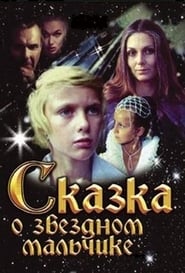 Tale of the Star Child is...
Tale of the Star Child is...Tale of the Star-Child 1983
"Tale of the Star Child" is a two-part television film, based on the works of Oscar Wilde. Like the earlier film, The Star Boy (1958), The Tale of the Star Boy, was based on two tales from Wilde's collection "A House of Pomegranates" - The Star-Child (1891) and The Birthday of the Infanta (1888) . However, the plot, in contrast to the first screen version, made more significant changes: in particular, added science-fiction elements and completely eliminated magic.
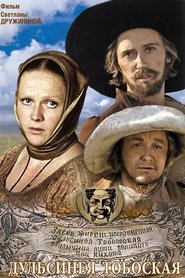 Dulcinea seeks an eternal dream of...
Dulcinea seeks an eternal dream of...Dulcinea of Tobossa 1980
Dulcinea seeks an eternal dream of justice, chivalry, protection of the wronged in real, everyday life but all her dreams fail to come true. All men to whom she turns for setting the out-of-joint time right fall short of her expectations because they are too small for the task. She is mocked, exposed and disappointed. So what to do? Somebody has to take Don Quixote's place.
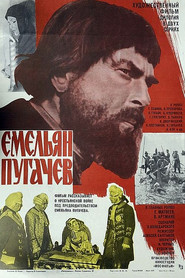 Don Cossack Emelyan Pugachev says goodbye...
Don Cossack Emelyan Pugachev says goodbye...Pugachev 1979
Don Cossack Emelyan Pugachev says goodbye to his wife and children and goes to run. The elder Filaret blesses him to lead a rebellion under the name of Peter III of Russia. The insurgents dealt with the feudal lords cruelly. Queen Catherine the Great directs troops against the rioters. Traitors betray Emelyan, and now he is being transported across Russia in an iron cage.
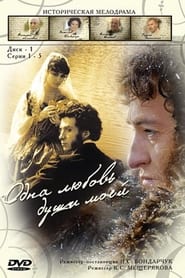
 Artem Kolchin was one of many...
Artem Kolchin was one of many...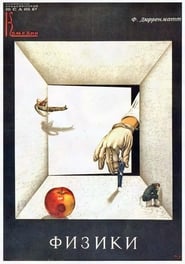
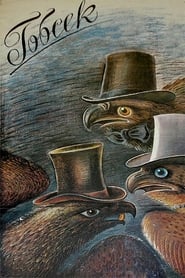 Gobsek the richest and most stragity...
Gobsek the richest and most stragity...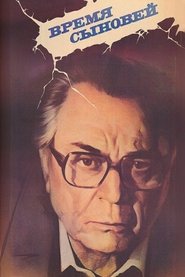 About a family of metallurgical scientists...
About a family of metallurgical scientists...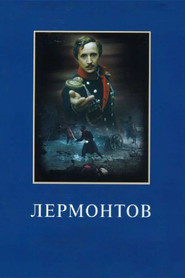
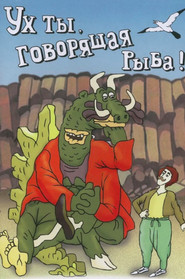 Created in 1983 the animated movie uses...
Created in 1983 the animated movie uses...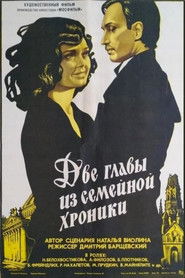 Before leaving for the USSR a...
Before leaving for the USSR a...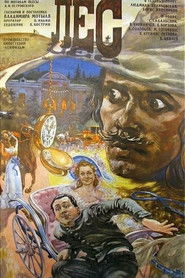
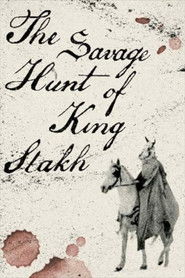 A mystical drama based on a...
A mystical drama based on a... Two Soviet partisans leave their starving...
Two Soviet partisans leave their starving...